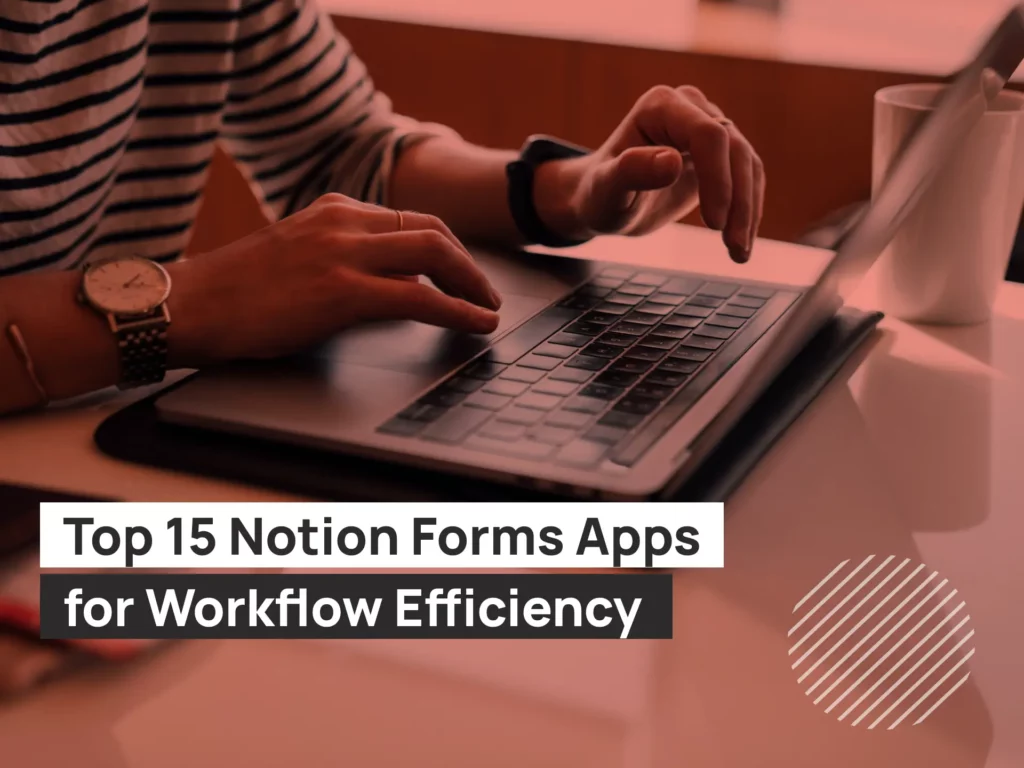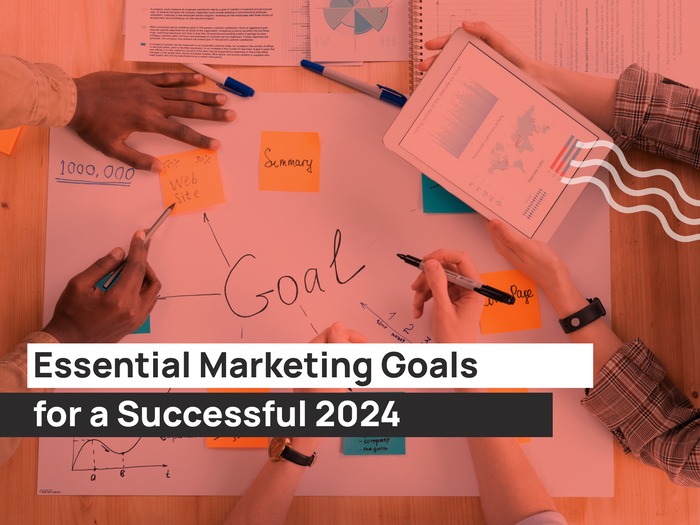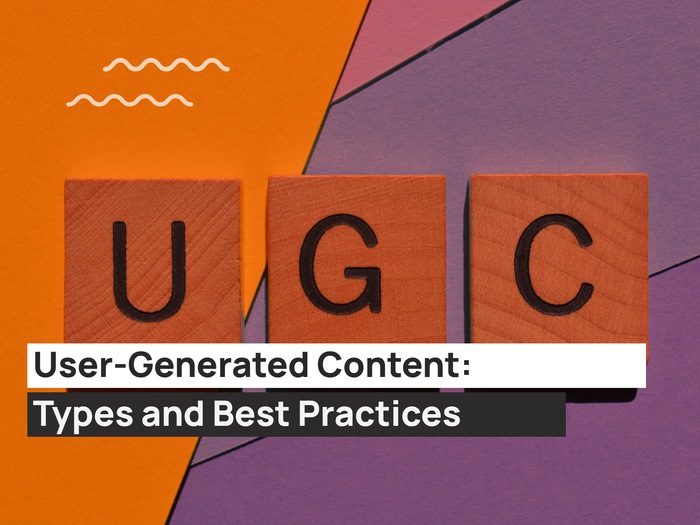In today’s fast-paced world, businesses are constantly on the lookout for innovative ways to drive growth and stay ahead of their competition. One such cutting-edge technology that has taken the marketing industry by storm is Artificial Intelligence (AI). AI-powered marketing not only streamlines processes but also provides invaluable data insights to make informed decisions.
In this blog post, we will explore some of the top AI marketing trends that can help grow your business and keep you ahead of the game in 2023. So fasten your seatbelts, because we’re about to take a deep dive into what’s on the horizon for AI-powered marketing!
What Is AI Marketing?
Ai marketing is the use of artificial intelligence technology to automate marketing tasks. This can include anything from customer segmentation and lead generation to content creation and social media management.
AI marketing can help businesses to analyze vast amounts of customer data, identify patterns, and predict future behavior. This allows businesses to develop personalized and targeted marketing strategies that are more effective in reaching and engaging their target audience.
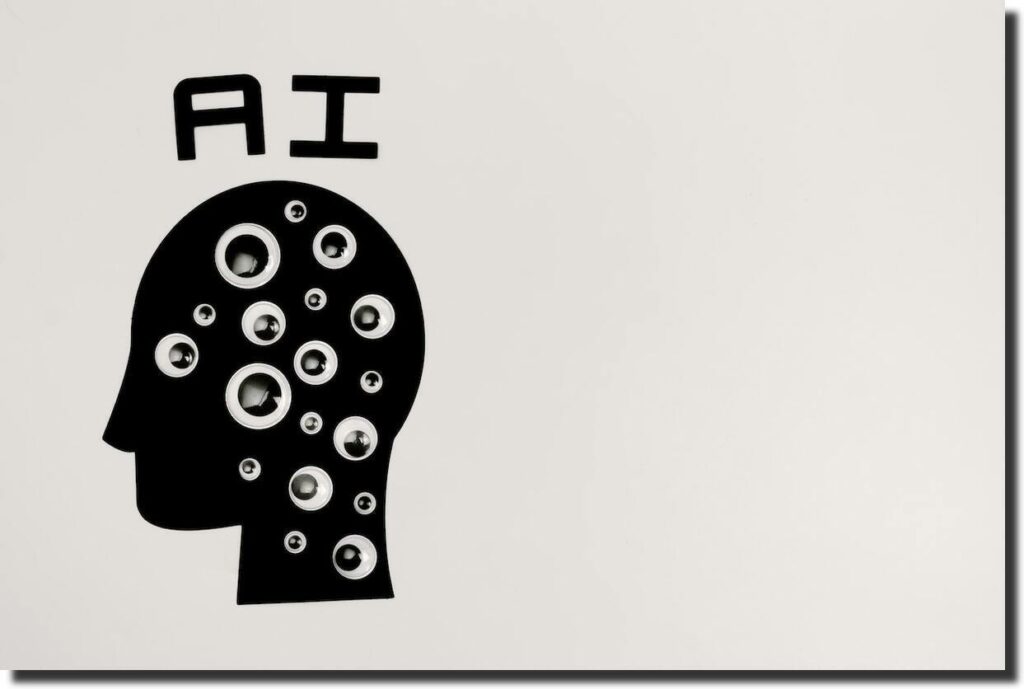
How Can AI Help Your Business?
AI is not a new technology, but it is one that is rapidly evolving. This means that there are always new opportunities for businesses to take advantage of AI.
Here are some ways AI can help your business:
| Automate repetitive tasks | Many businesses still rely on manual processes to get work done. This can be time-consuming and error-prone. AI can help by automating these tasks, freeing up employees to focus on more value-added work. |
| Improve customer service | AI can be used to provide better customer service by automatically responding to common queries and concerns. This can help reduce the number of support calls and improve customer satisfaction. |
| Increase sales | AI can be used to personalize marketing messages and offers, which can increase the likelihood of conversion. Additionally, AI can be used to analyze customer data to identify upselling and cross-selling opportunities. |
| Enhance decision making | AI can help businesses make better decisions by providing insights that would otherwise be difficult or impossible to obtain. For example, AI can be used to predict future trends, understand consumer behavior, and identify risks and opportunities. |
How AI Can Help With Marketing Automation?
Artificial intelligence has the potential to revolutionize marketing automation. By automating repetitive and time-consuming tasks, AI can help marketers focus on strategic tasks, such as developing creative campaigns and analyzing customer data. Here are some ways that AI can help with marketing automation:
- Automating repetitive tasks: AI can automate repetitive tasks such as email marketing, social media posting, and lead generation. This frees up marketers to focus on more strategic tasks.
- Analyzing customer data: AI can help marketers analyze customer data to identify trends and target customers with personalized messages.
- Developing creative campaigns: AI can generate ideas for creative campaigns based on customer data and analytics.
- Optimizing campaigns: AI can help optimize campaigns by testing different tactics and messaging to see what works best with a particular audience.
Awesome AI Marketing Trends For Sure To Know
Here are some AI marketing trends that are already gaining traction:
1. Personalization:
AI-powered personalization is a rapidly growing trend in the field of marketing. It involves the use of artificial intelligence and machine learning algorithms to analyze vast amounts of data about customers, such as their browsing and purchase history, social media activity, demographics, and more. This information is then used to create highly personalized marketing campaigns and experiences for individual customers.
The main goal of AI-powered personalization is to deliver the right message to the right person at the right time, through the right channel. This approach can improve customer engagement, loyalty, and satisfaction, while also increasing conversion rates and sales.
Some examples of AI-powered personalization in marketing include:
Product recommendations: AI algorithms can analyze a customer’s purchase history, search queries, and browsing behavior to suggest products that are most likely to interest them.
Dynamic pricing: AI can analyze market trends and customer behavior to adjust pricing in real-time, providing customers with personalized pricing based on their willingness to pay.
Personalized emails: AI algorithms can analyze a customer’s email history, preferences, and behavior to create customized email campaigns that are more likely to be opened and read.
2. Chatbots:
Chatbots are computer programs that are designed to simulate conversation with human users, and they can be integrated into messaging apps, websites, and other digital platforms.
One of the biggest benefits of chatbots in AI marketing is their ability to provide personalized customer service and support. Chatbots can quickly answer frequently asked questions, provide product recommendations, and even process orders and payments. By automating these tasks, businesses can save time and resources while also providing a seamless customer experience.
Chatbots also have the potential to gather valuable data and insights about customers. Through interactions with chatbots, businesses can gather information about customer preferences, behaviors, and pain points. This data can then be used to improve marketing strategies and create more targeted campaigns.
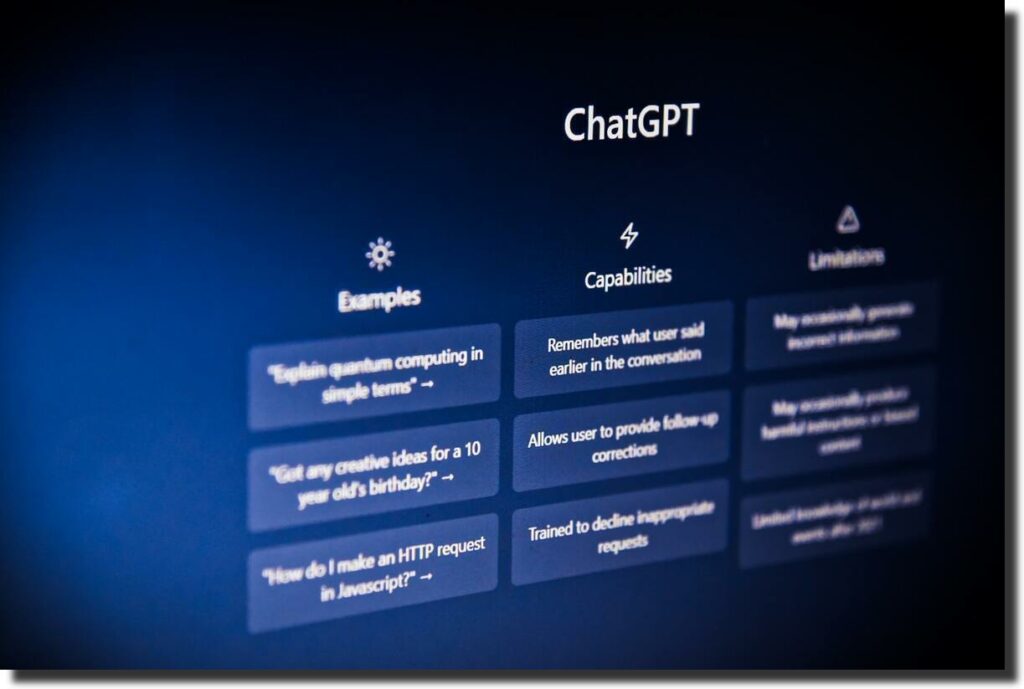
Another benefit of chatbots is their ability to provide 24/7 customer support. Unlike human customer service representatives who are limited by working hours, chatbots can be programmed to provide support around the clock. This can be particularly helpful for businesses with customers in different time zones or for those who need immediate assistance outside of regular business hours.
3. Predictive Analytics:
Predictive analytics involves using data, statistical algorithms, and machine learning techniques to identify the likelihood of future outcomes based on historical data.
In the context of marketing, predictive analytics can be used to anticipate customer behavior and tailor marketing efforts to meet their needs. For example, by analyzing past customer behavior and purchase patterns, predictive analytics can help marketers identify which customers are most likely to make a purchase, what products they are likely to buy, and when they are most likely to buy.
Predictive analytics can also be used to optimize marketing campaigns by identifying which channels and messages are most effective for different customer segments. This can help marketers allocate resources more efficiently and improve the ROI of their marketing efforts.
Furthermore, predictive analytics can help businesses personalize their marketing messages and offers to individual customers, improving the customer experience and increasing the likelihood of conversion.
4. Voice Search Optimization:
Voice search optimization is one of the current AI marketing trends that is gaining popularity among businesses. With the widespread use of smart speakers and voice assistants such as Amazon’s Alexa, Google Home, and Apple’s Siri, more and more people are using voice search to find products and services.
Voice search optimization involves optimizing your website content for voice search queries. This includes creating content that is conversational in tone, using long-tail keywords, and ensuring that your website is mobile-friendly. Additionally, it’s important to make sure your website loads quickly and has a simple, easy-to-navigate layout.
One of the key benefits of voice search optimization is that it can help you reach a wider audience, including people who may not be as familiar with traditional search methods. It can also help you provide a more personalized and engaging user experience, which can lead to increased customer loyalty and retention.
To stay ahead of the curve in voice search optimization, it’s important to stay up-to-date on the latest trends and best practices. This may involve working with a digital marketing agency or hiring a dedicated AI marketing specialist to help you develop and implement an effective voice search strategy.
5. Visual Search:
Visual search is an AI-powered marketing tool that enables users to search for products online by using images instead of keywords or text-based queries. With visual search, users can simply upload an image of an item they are interested in, and the tool will return a list of products that match the visual characteristics of the item.
Visual search technology uses advanced computer vision algorithms to analyze the visual features of an image, such as color, texture, shape, and pattern, to identify and match it with similar products in a database. This enables retailers and e-commerce businesses to provide a more personalized and intuitive shopping experience for their customers.
One of the key benefits of visual search is that it enables businesses to reach a wider audience by providing an alternative to traditional text-based search queries. This can be especially useful for businesses that sell products that are difficult to describe or categorize in words.
Visual search can also help businesses to better understand their customers’ preferences and behavior by analyzing the images they upload and the products they select. This data can be used to improve product recommendations, personalize marketing campaigns, and optimize the user experience.
5. Influencer Marketing:
Influencer marketing is a type of marketing that involves collaborating with individuals who have a large following on social media platforms such as Instagram, YouTube, TikTok, etc. These individuals, known as influencers, have a significant impact on their audience’s purchasing decisions, and brands partner with them to promote their products or services.
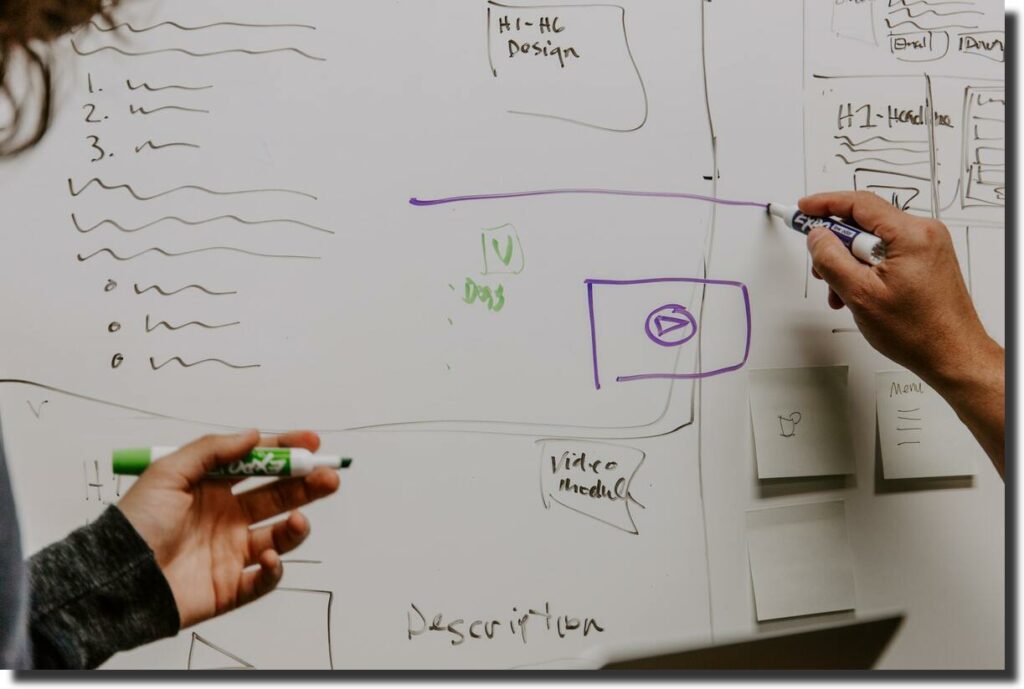
In recent years, artificial intelligence (AI) has been used to improve influencer marketing campaigns’ effectiveness. AI tools analyze massive amounts of data to identify influencers whose audience demographics align with the brand’s target audience. AI algorithms can also help identify fake or inactive followers, ensuring that the brand partners with credible influencers who can deliver results.
AI is also used to track the success of influencer marketing campaigns, measuring metrics such as engagement rates, reach, and conversions. This data can be used to optimize future campaigns and make informed decisions about which influencers to work with.
Furthermore, AI can help brands create more personalized content for influencer marketing campaigns. By analyzing consumer behavior, AI algorithms can generate personalized recommendations for products or services, which can then be used to create content that resonates with the target audience.
In the dynamic landscape of influencer marketing, the role of an influencer marketing agency is increasingly vital. These agencies leverage artificial intelligence to meticulously analyze vast datasets, identifying influencers whose audience profiles seamlessly align with the specific demographics targeted by a brand.
6. Hyper-Personalization:
Hyper-personalization is a trend in AI marketing that aims to deliver a unique and personalized experience to each individual customer. It involves the use of machine learning algorithms and other advanced technologies to collect and analyze vast amounts of data about a customer’s preferences, behavior, and interests.
Hyper-personalization enables marketers to create highly targeted and relevant marketing campaigns that resonate with individual customers. By leveraging customer data, marketers can develop a deep understanding of each customer’s needs and preferences, and tailor their marketing messages accordingly.
There are several benefits of hyper-personalization in AI marketing. First, it can improve customer engagement and satisfaction by delivering a more relevant and personalized experience. Second, it can increase conversion rates by delivering the right message to the right customer at the right time. Third, it can help build customer loyalty by creating a more personalized relationship between the customer and the brand.
To implement hyper-personalization in AI marketing, companies need to collect and analyze data from various sources, such as customer interactions, browsing history, purchase history, and social media activity. They also need to use advanced analytics tools and machine learning algorithms to identify patterns and insights in the data.
Overall, hyper-personalization is a powerful trend in AI marketing that enables companies to create more meaningful and effective interactions with their customers. As AI technology continues to evolve, we can expect to see even more sophisticated and personalized marketing campaigns in the future.
7. Video Marketing:
AI Marketing is rapidly evolving and changing the way businesses promote their products and services. One of the latest trends in AI Marketing is the use of video marketing. Video marketing is an effective way to engage with customers and deliver compelling messages that resonate with them. AI technology is used to create and deliver personalized videos, which can be targeted to specific audiences.
With AI-powered video marketing, businesses can create videos that are tailored to the interests and preferences of their target audience. This is done by using data analysis and machine learning algorithms to gather information about the viewer’s behavior and preferences. Based on this information, AI software can create personalized videos that are more likely to resonate with the viewer.
In addition to personalization, AI-powered video marketing can also help businesses optimize their videos for search engines. AI algorithms can analyze the content of a video and identify relevant keywords and phrases that will help it rank higher in search engine results pages. This can help businesses reach a wider audience and drive more traffic to their website.
Another benefit of AI-powered video marketing is the ability to analyze viewer behavior and engagement. AI algorithms can track how long viewers watch a video, which parts they skip, and where they stop watching. This data can be used to optimize future videos and improve the overall effectiveness of a business’s video marketing strategy.
Conclusion
To summarize, AI marketing can help businesses become more efficient and effective in their efforts. From personalization to video marketing processing, these top AI marketing trends of 2023 are sure to keep your business ahead of the competition by offering better customer service, higher conversion rates, and improved ROI.
With that being said, it’s important to remember that AI is still evolving every day – so don’t forget to stay on top of the latest advancements in this field if you want your company to truly thrive!
